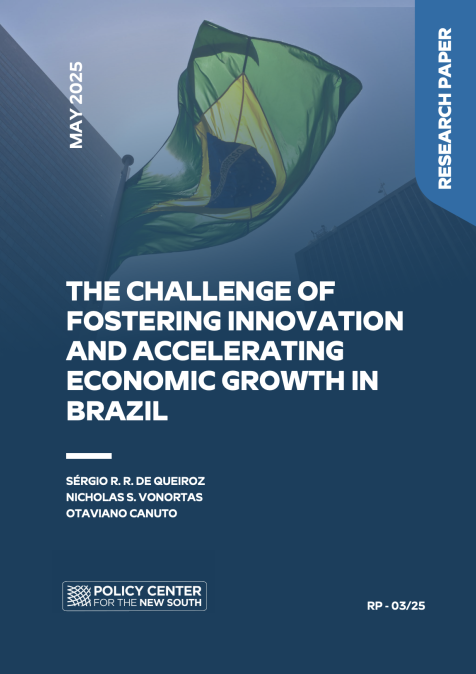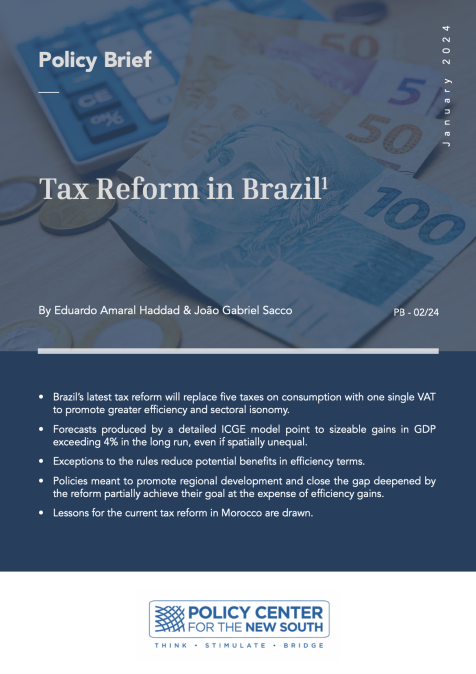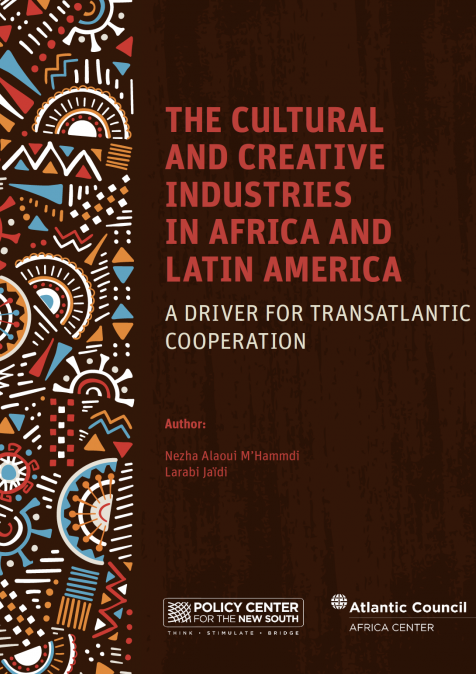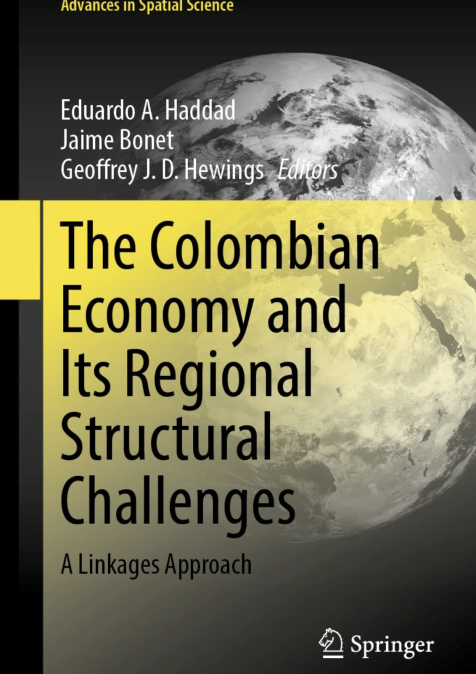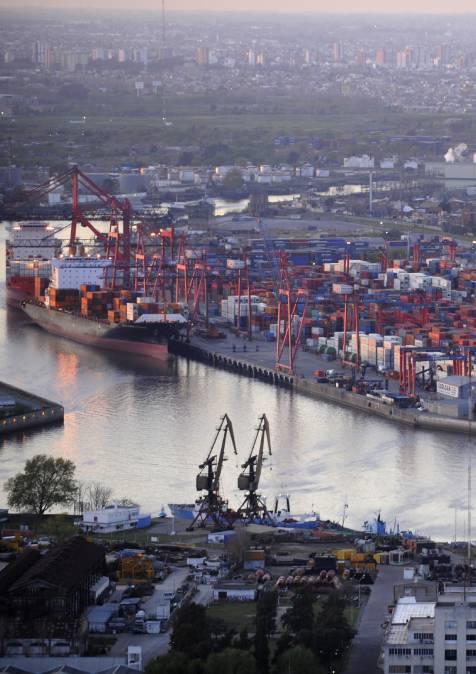El año 2021 marca para los países de América Latina, salvo Bolivia y Cuba, el inicio de un nuevo e intenso período electoral, que se extenderá hasta 2024. Renovaciones o reelecciones de presidentes en un contexto marcado por la incertidumbre económica, la polarización política y por la inestabilidad social. En el plano económico, la pandemia supuso un shock sistémico sin precedentes, exacerbando los problemas estructurales pre-existentes que frustran toda expectativa de mejora socio-económica. En el plano político, si bien el continente latinoamericano solía tener una cierta homogeneidad ideológica (el “giro a la izquierda” de la primera década del siglo XXI y el “giro a la derecha” de mediados del decenio anterior), el contexto actual presenta un panorama lleno de incertidumbre y heterogeneidad. Dónde es más visible esta polarización y fragmentación política? Se puede hablar de una crisis institucional regionalizada? • La oleada de protestas que ha tenido lugar cobró bastante protagonismo puesto que fueron protagonizadas por los jóvenes. ¿Qué papel está desempeñando la juventud latinoamericana?






